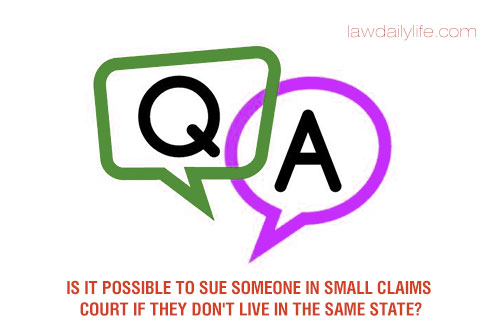A police officer shows up and starts asking you questions. He’s saying someone accused you of rape, theft, fraud. You’re innocent, but they don’t believe you. You’re being falsely accused.
Here are three things you should keep in mind if you are falsely accused of a crime:
1. Don’t Say Anything
Anything you say can and will be used against you. If the police show up at your door asking you questions, don’t panic. Don’t proclaim your innocence. Don’t try to explain. Police don’t have to read you your Miranda rights until you are in custody and being interrogated. This doesn’t mean you shouldn’t exercise your right to not say anything.
2. Call an Attorney
The one person you should definitely talk to is an attorney. Your conversations with your attorney are protected under attorney-client privilege. The more information you can give your attorney, the better equipped he or she will be to:
- Deal with the accuser’s threats.
- Protect you from incriminating yourself.
- Determine if charges have actually been filed.
- Negotiate with the prosecutors.
Even after a false accusation has been dismissed, you may still need your attorney.
3. Sue for Defamation
A false accusation doesn’t just land you unfairly in jail. It can ruin your reputation. It can hamper your future career. It can cost you thousands of dollars in legal fees.
If you’ve been falsely accused, you may have a claim for defamation. In a claim for defamation, be it libel or slander, you would have to show that a defendant’s statement to a third party harmed your reputation and caused you damages. False accusations of serious crimes are often considered libel per se.
If you’ve been falsely accused, an experienced criminal defense attorney may be able to help you protect your rights and assess your options.










